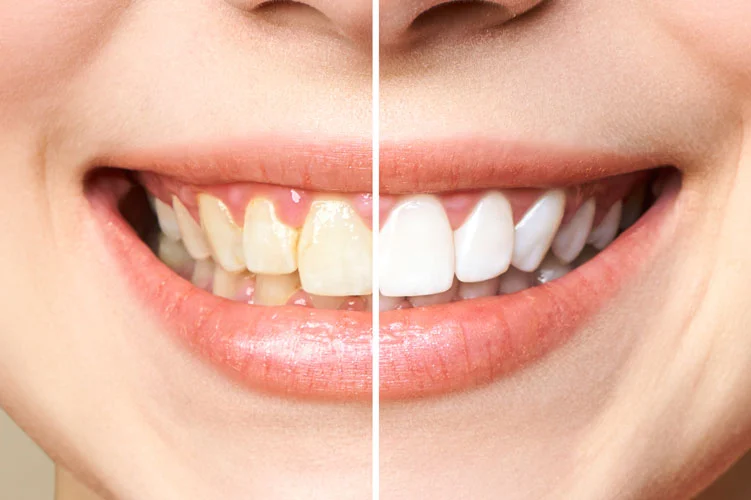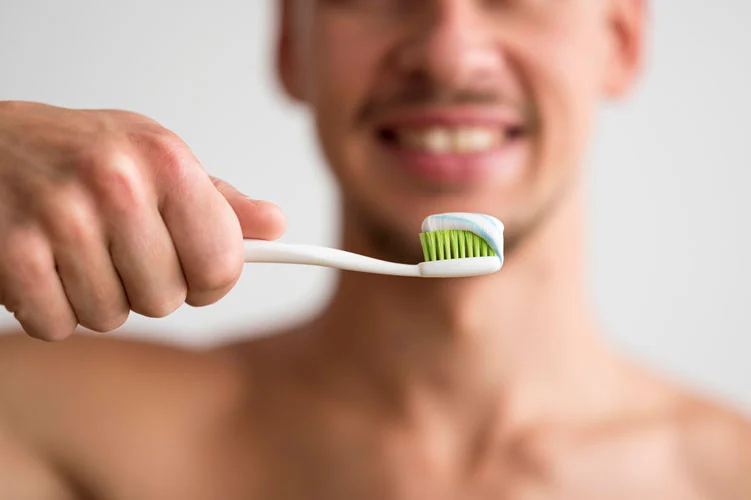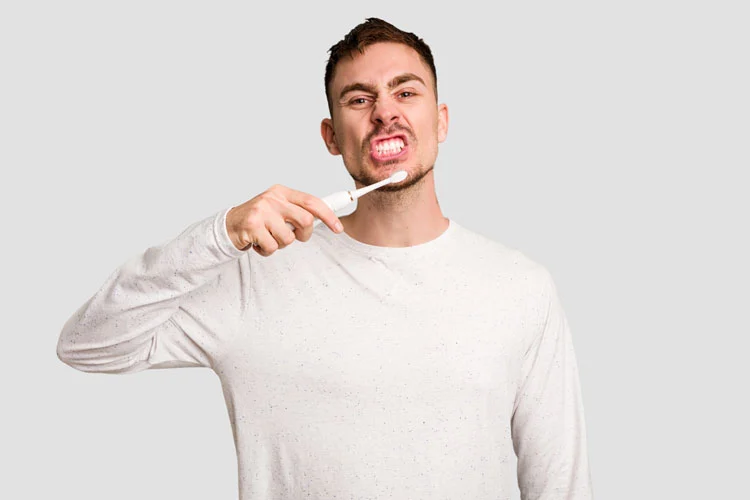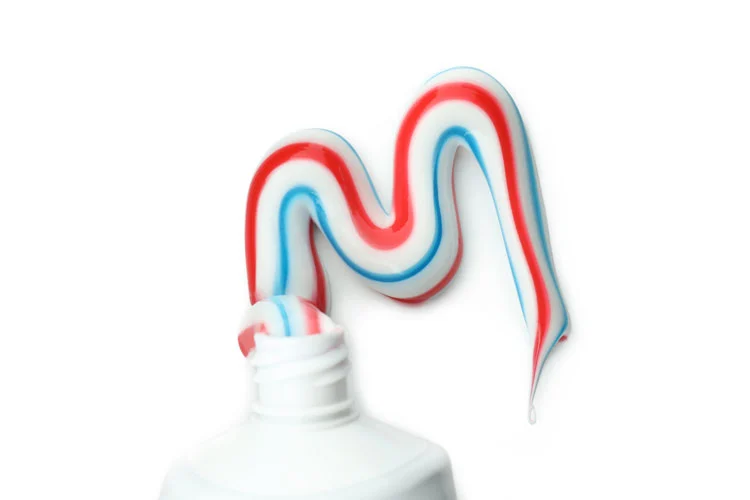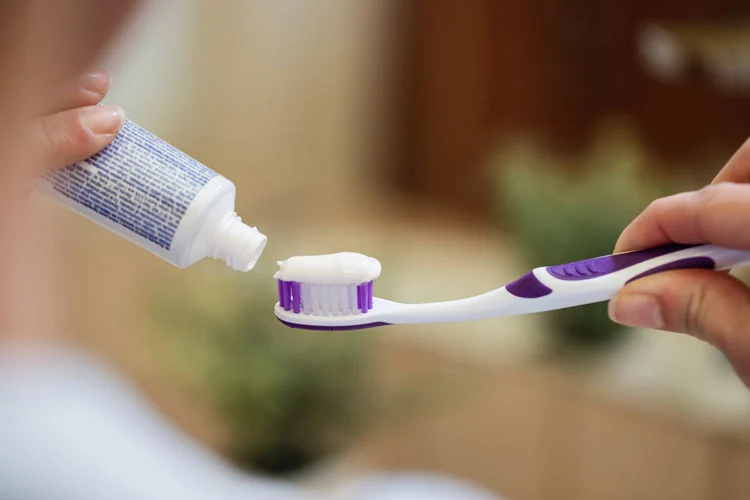The Connection Between Oral Health and Overall Health
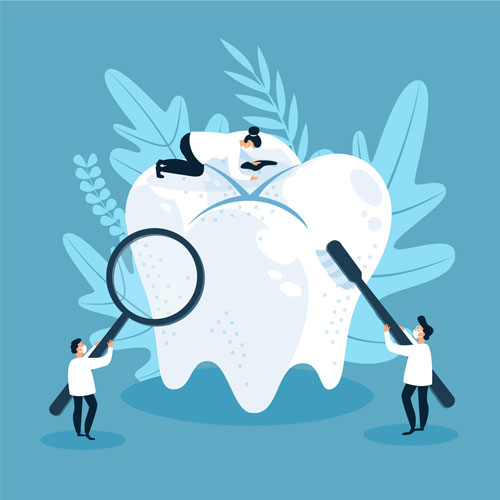
When we think about health, our minds often drift towards maintaining a balanced diet, exercising regularly, and getting enough sleep. However, there is an important aspect of our well-being that we sometimes overlook: oral health.
Surprisingly, our oral health is closely intertwined with our overall health; neglecting one can profoundly affect the other. In this blog, we will explore the significant connection between oral health and overall health and understand why it is crucial to prioritize dental care as an essential component of our overall well-being.
The Oral-Systemic Link
The mouth acts as the gateway to the body, and oral health plays a vital role in maintaining an individual’s overall health. Oral health problems such as poor hygiene and untreated oral diseases can contribute to various systemic health issues.
The oral-systemic link refers to the bidirectional relationship between oral health and overall health, where problems in one area can influence the other.
Cardiovascular Health
Numerous studies have found a correlation between oral health and cardiovascular disease.
Poor oral hygiene can lead to gum inflammation and periodontal disease, allowing oral bacteria to enter the bloodstream. These bacteria can cause inflammation throughout the body, including the blood vessels, potentially increasing the risk of heart disease, stroke, and other cardiovascular complications.
Diabetes
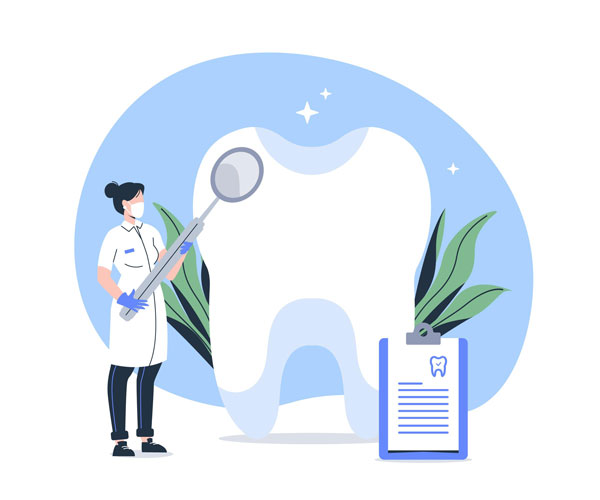
Diabetes and oral health have a significant connection.
Individuals with diabetes are more susceptible to gum disease due to a weakened immune system and impaired blood sugar control. Conversely, gum disease can make it harder to control blood sugar levels, leading to complications in diabetes management. Thus, maintaining good oral hygiene and avoiding worsening oral health is crucial for individuals with diabetes to prevent oral infections.
Respiratory Health
The health of our respiratory system can also be affected by our oral health. Poor oral hygiene, such as gum disease and tooth decay, can contribute to respiratory infections like pneumonia.
Bacteria from the mouth can be inhaled into the digestive and respiratory tracts, causing inflammation and increasing the likelihood of respiratory complications, particularly in individuals with compromised immune systems.
Pregnancy and Birth Complications
Oral health is of utmost importance for pregnant women. Hormonal changes during pregnancy can increase the risk of gum disease, which, if left untreated, can lead to complications like preterm birth and low birth weight.
Taking care of oral health during pregnancy is crucial for the mother and the baby’s well-being.
Inflammation and Chronic Diseases
Chronic inflammatory conditions such as rheumatoid arthritis, certain cancers, and inflammatory bowel diseases have been linked to poor oral health. The chronic inflammation associated with gum disease can contribute to the overall inflammatory burden in the body, potentially exacerbating these conditions.
Maintaining Good Oral Health
Now that we understand the connection between oral health and overall health, it becomes clear that maintaining good oral hygiene is essential. Here are some key practices for maintaining your optimal oral health workforce:
- Brush your teeth at least twice a day using fluoride toothpaste.
- Floss daily to remove plaque and food particles from between your teeth.
- Limit sugary and acidic food and drinks that can contribute to tooth decay.
- Visit your dentist regularly for check-ups, professional cleanings, and early detection of oral health issues.
- Avoid tobacco products, as they significantly increase the risk of oral cancer and gum disease.
- Eat a balanced diet rich in fruits, vegetables, and nutrients that promote oral health.
Maintaining Health and Well Being
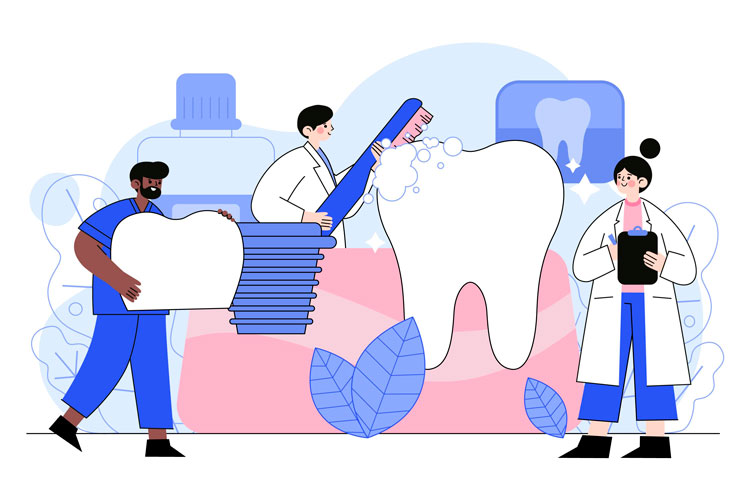
Taking care of our oral health is not just about having a bright smile; it is an integral part of maintaining overall health and well-being by avoiding oral and systemic diseases.
The connection between oral health and various systemic diseases highlights the importance of regular dental care and good oral hygiene practices. By prioritizing oral health, we can reduce the risk of developing serious health issues and improve our quality of life.
Consult with Dr. Dalesandro & Associates
Dr. Dalesandro & Associates are exceptionally qualified Tucson dentists to care for all your general, emergency, and preventative dentistry needs.
In addition, our staff of Dental Hygienists and Dental Assistants are warm and professional. Plus, we serve multiple family members, from young children to adults. Whatever your needs, from preventative care to restorative such as cavity fillings to emergency first aid services for accidents, we do it all.
The Family Dental Practice Tucson Trusts
At our Tucson dentist office we strive to make our clients feel safe and proud of their smiles! We keep our dental office clean and ready for your appointment.
Contact us today and set up your first visit with the Dr. Dalesandro dental care team by continuing to explore our website.


